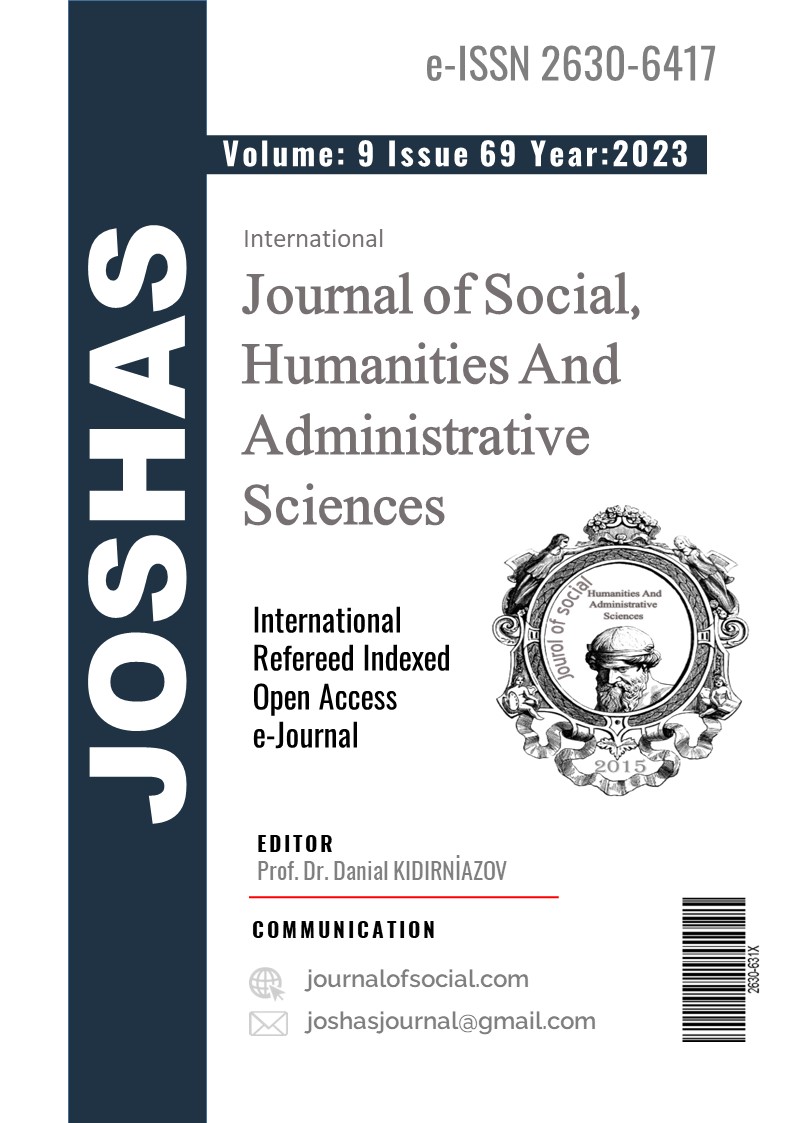Author :
Abstract
الملخص
تُسلِّط هذه الدراسة الضوء على قضية مهمَّة في ميدان علم الجرح والتعديل، وهي قلة مرويَّات الرواة وتأثيرها على الحديث والرواة، وتحلِّل الدِّراسة أسباب قلَّة مرويات الرواة باستخدام منهج تحليلي واستقرائي للمصادر الحديثية، ودراسة بعض الرواة الذين قلَّتْ مروياتهم من خلال المصادر والمراجع العلمية المتخصصة في علوم الحديث النبوي وعلم الرواة. وتتناول الدراسة تعريف المقلِّ والمكثر في الرواية وتفاوت الصحابة في الإقلال والإكثار من الحديث، كما توضح العوامل الرئيسة التي ساهمت في كثرة الرواية عند بعض الصحابة مقارنةً بغيرهم، وتوضح أيضًا منهج الخلفاء الراشدين في التعامل مع رواية الحديث وأسباب قلة مروياتهم. وتظهر الدراسة أن قلة مرويات الراوي يمكن تفسيرها على حالتين: قلة نسبية تشير إلى ندرة مرويات الراوي مقارنةً برواة آخرين، وقلة مطلقة تشير إلى ندرة مروياته بشكل عام؛ حيث يمكن أن يكون لدى الراوي أحاديث معدودة جدًا. وتؤثر قلة وكثرة مرويات الرواة على ضبطهم؛ إذ يتزايد الضبط للرواة الذين قلَّتْ مروياتهم ما لم يُشر إليهم النقاد بجرح. وتجيب الدراسة عن تساؤلات حول تأثير قلة مرويات الراوي على قبول روايته، حيث يتضح أنها لا تؤثر في صحة روايات الصحابة وأن قلة الرواية تلعب دورًا مؤثرًا في تقييم الراوي من غير الصحابة وفي تقييم الحديث الذي يرويه، فالراوي قد يكون متقنًا للرواية بالرغم من قلتها، فتكون دليلاً على ضبط وثقة الراوي بما يرويه، كما قد تُظهر ضعف ضبطه وعدم اهتمامه بالحديث. فقلة الرواية تكسب كل راو تقديرًا خاصًا يستند إلى القرائن التي تشير إلى ذلك وتحدده.
Keywords
Abstract
This study sheds light on a crucial issue in biographical evaluation, which is the scarcity of narratives by narrators and its influence on the realm of Hadith and narrators. Employing an analytical and inductive methodology, the study delves into the reasons behind the limited narratives by narrators, drawing from specialized sources and scholarly references in Prophetic Hadith and the science of narrators.
The study explores the definitions of "al-muql" (narrator with few narratives) and "al-mukthir" (narrator with numerous narratives) and examines the variations among the Companions in their abundance or scarcity of narrating Hadith. It elucidates the principal factors contributing to the abundance of narratives among certain Companions compared to others, along with the approach of the Rightly Guided Caliphs in handling Hadith narration and the reasons for the scarcity of their narratives.
Two interpretations emerge from the study regarding the scarcity of narratives by a narrator: relative scarcity, indicating rarity compared to other narrators, and absolute scarcity, implying an overall rarity where the narrator may possess only a minimal number of narrations. The study reveals that the scarcity or abundance of narratives impacts the precision of narrators. Greater precision is often applied to narrators with fewer narratives unless they have been criticized by scholars.
The study addresses queries about the impact of the scarcity of narratives on the acceptance of their narratives. It concludes that the scarcity of narratives does not significantly affect the authenticity of narratives attributed to the Companions. However, it plays a crucial role in evaluating non-Companion narrators and the authenticity of their narratives. A narrator with scarce narratives may still exhibit mastery in narration despite the scarcity, serving as evidence of their precision and trustworthiness. Alternatively, it may reveal weak precision and a lack of attention to detail. The scarcity of narratives bestows upon each narrator a distinct evaluation based on the evidence that signifies and defines it.





